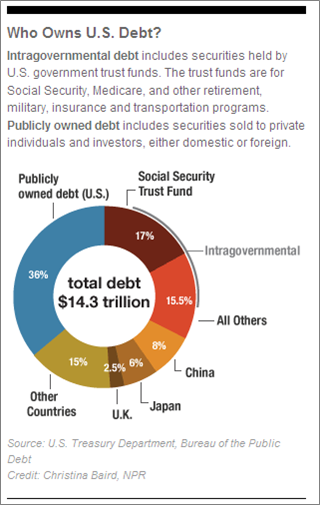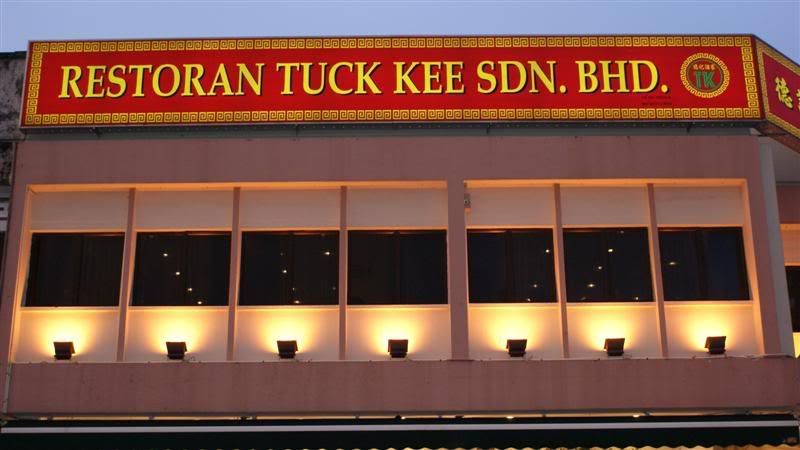 The headline would surely cause many to keep reading. Did the economist at UBS joined BN? What gives? The article basically tries to dispel that Malaysia is in a "middle income trap". Much of the data are a given.
The headline would surely cause many to keep reading. Did the economist at UBS joined BN? What gives? The article basically tries to dispel that Malaysia is in a "middle income trap". Much of the data are a given.I have two quibbles: one is that the last 12 years have shored up our competitiveness by virtue of our ringgit peg which caused a massive undervaluation in the ringgit. Nobody seems to remember how that affected our livelihood. We did the hard way to climb back up via the peg, not entirely reliant on improving actual productivity.
The second quibble is that data can mask a lot of stuff. We are not turned off with the gains made by Malaysia, we are just terribly mad about the way things are distributed. That cannot be captured in the data below. Still, a good try UBS. (Click on charts to enlarge)
-------------------------------
What is it about Malaysia? by UBS
So ... last week we put out a note arguing that the much-touted EM “middle-income trap” is in fact a myth. In response we heard from a number of investors explaining why they think we are wrong. And interestingly, almost every one of them cited Malaysia as the classical case of the “trap” in action.
But here’s the thing: Malaysia is, ironically, a perfect example of what we’re talking about. What do we mean? Well, just look at the macro data in Chart 1 above. In 2002 the “middle-income trap” looked very real ... In the 1970s and 1980s Malaysia grew at a nice, rapid pace, with a more than four-fold increase in US dollar GDP per capita in the course of those two decades, a good bit faster than the EM world as a whole. And in the first half of the 1990s the economy had a truly spectacular party: nearly 10% annual real growth between 1988 and 1997, and an outright tripling of GDP in dollar terms over the same period.
Then disaster struck. Malaysia had dramatically over-levered its balance sheets, its local property boom had long since turned to a property bubble, and the financial system was heavily dependent on foreign capital inflows – so when the Asian crisis unfolded the Malaysian economy took it pretty hard. There was no wholesale collapse of the exchange rate regime or the commercial banking universe at large a la Indonesia, but as you can see from the chart dollar GDP fell sharply and as late as 2002 had not yet recovered 1995-97 highs.
 In other words, from the mid-1990s onwards Malaysia suffered a “lost decade”, with per-capita GDP stalled at around US$4,000 (or US$8,000 in PPP terms). Add in the fact that both of these numbers were twice the prevailing EM average at the time, and it’s easy to see how Malaysia became a poster child for the “middleincome trap” ....
In other words, from the mid-1990s onwards Malaysia suffered a “lost decade”, with per-capita GDP stalled at around US$4,000 (or US$8,000 in PPP terms). Add in the fact that both of these numbers were twice the prevailing EM average at the time, and it’s easy to see how Malaysia became a poster child for the “middleincome trap” ....But that was a long time ago ... if you were writing in 2002, that is. But that was a full decade ago. And since then everything has changed. To begin with, GDP per head is no longer US$4,000. Going into 2011 it’s now nearly US$9,000, or more than US$15,000 in PPP terms, both of which are double the level of ten years past.
So the party is very much back in swing. It’s not quite the spectacular real growth story we saw in the early 1990s, of course – the economy has been expanding at 5% to 6% in real terms, not 10% (Chart 2) – but if you look at growth in dollar terms Chart 3 you will find that Malaysia is now growing as fast as it ever did in the last 35 years, even when we include that early 1990s spurt.

Mind you, we don’t expect that sort of pace to continue ... but then it doesn’t have to. If Malaysia can grow at 5% in real terms (which is lower than its pre-2008 pace and lower than the expected EM average) with 3% to 4% inflation and trend nominal exchange rate appreciation of 2% per year against the dollar, this puts current dollar GDP at more than US$20,000 per capita by the end of the decade.
This is similar to where Taiwan is today, and would place Malaysia at the lower bound for developed OECD economies. I.e., so much for the “middle-income trap”.
A look at balance sheets
How likely is it that Malaysia can keep up a 5% real growth pace with an appreciating currency over the next seven to eight years? Very likely indeed, in our view. As we stress continually in our research, the key to sustained growth in EM is the state of macro balance sheets – and Malaysia today has some of the healthier conditions in the emerging universe.
Back in March we published the latest update of our annual EM macro risk framework, measuring balance sheet conditions across a wide range of variables (see The Latest EM Macro Risk Index, EM Focus, 7 March 2011 for further details). You can see where Malaysia sits on a relative basis, i.e., towards the low-risk end of the scale (Chart 4).

More important still, look at the two indicators that matter most in our view: domestic leverage and the external balance. As shown in Chart 5, Malaysia spent its “lost decade” in a tremendous delevering effort to the tune of 80% of GDP on the private sector balance sheet, which means that households and corporates can now safely borrow again, a process that is now gradually underway.
On the external front, since 2000 Malaysia has run one of the highest current account surpluses in the world when measured as a share of GDP (Chart 6), giving the economy a strong buffer to grow in excess of export demand for a protracted period of time if need be – and effectively insulating the ringgit from structural depreciation pressures along the way.
Against this backdrop, unless the global economy careens into depression once again, 5% annually in real terms and 9% to 10% in dollar terms don’t appear to be particularly challenging targets. Indeed, just to reiterate, both of these numbers are below our medium-term projections for the greater EM world as a whole.
What about export competitiveness?
For many investors, this still leaves one big issue: international competitiveness. How can Malaysia make it to higher-income status when it (i) doesn’t have the world-beating export brands that, say, Korea does, (ii) doesn’t have the OEM manufacturing strength of a Taiwan, and (iii) simply can’t compete with its lowerincome neighbors on the basis of wages?
Our response is that this question is misplaced, in two senses. First, as discussed above, Malaysia’s earlier “lost decade” did not occur because of a collapse of external competitiveness (or external demand); it happened because of a collapse of over-levered domestic balance sheets. And one of the main reasons Malaysia is growing nicely again on trend today is that it is no longer facing severe delevering pressures at home.
Second, and equally important, at the macro level there’s no evidence that Malaysia is losing export competitiveness in a big way. Looking at Chart 7 below, which shows y/y export growth (12mma) for Malaysia and the EM world as a whole, it’s clear that Malaysian exports are growing at a somewhat slower pace – but the gap is not nearly enough to threaten our GDP growth outlook, even in our current relatively moderate global recovery scenario.
And what about global depression?
As a final note, what about a renewed global economic depression? Wouldn’t that make it hard for Malaysia to grow at 5% going forward and continue its run toward developed status? Well, sure. But that applies equally to most countries in the EM world regardless of income status. I.e., this might result in more “lost” years along the way ... but it still has nothing to do with a “middle-income trap”.
For further information and details regarding the Malaysian economy, please contact UBS ASEAN economist Ed Teather at edward.teather@ubs.com.





































